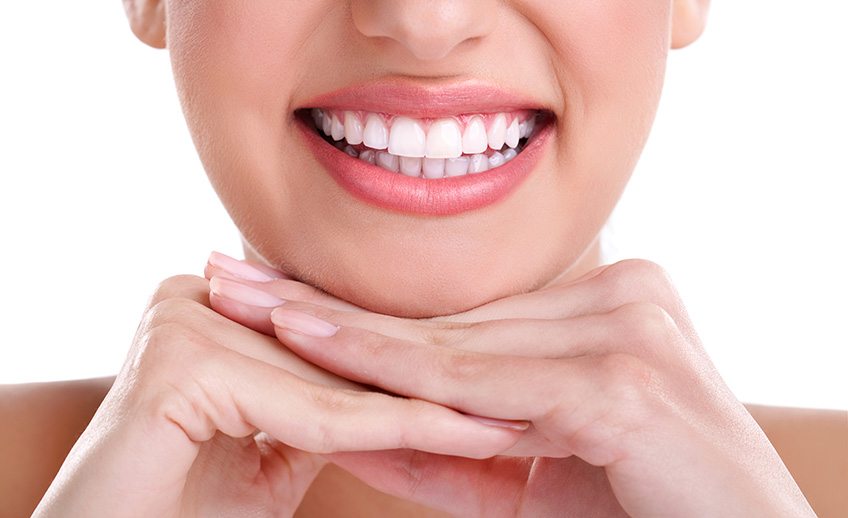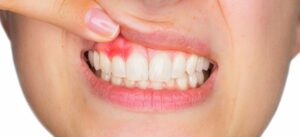3 Easy Things To Do Now To Prevent Cavities
October 2nd, 2020

Below are 3 things that are easy to switch up right now to prevent cavities for you and your family.
1- Swap out the between meal beverages for water
There’s a delicate balancing act going on in your mouth all the time. When your oral pH is high, your teeth are better protected and can reabsorb minerals from your saliva that build and strengthen tooth enamel. When you eat or drink, your oral pH drops, becoming more acidic. The acid environment strips minerals from the tooth enamel and weakens it. Your oral pH rises over time after eating and drinking, but if you’re constantly putting more acid pressure on your mouth by drinking and eating with only short intervals between, you are setting yourself up for favorable cavity conditions.
There’s no reason to be thirsty, however, in your quest for a cavity-free smile. Swap out your between-meal beverages for plain water, leaving other drinks as meal-time accompaniments. Plain water will not lower your oral pH, leaving those minerals in your enamel where they belong. As a happy side effect, you may see other health benefits if you are replacing less healthy beverage choices with plain water.
2- Switch up your oral care products
It’s possible that your home oral care routine is not working as hard as you are to maintain your oral health. Does your toothpaste or your oral rinse help balance oral pH? Does your toothpaste contain remineralizing ingredients? Are your products sweetened with xylitol to help build oral health, or are they just sweetened? Oral care products that correct pH, remineralize tooth enamel, and have the added benefits of xylitol are formulated to do a better job keeping teeth healthy.
3- Keep dry mouth in check
The thing about dry mouth is that, even though everyone experiences it at some point in their lives, it really shouldn’t be ignored. Dry mouth is a major risk factor for cavity development. Saliva is the protective substance your body makes to protect tooth health. Not having enough saliva leaves teeth vulnerable and unprotected.
If you experience dry mouth, try sipping water. Chewing sugar-free gum sweetened with xylitol can provide relief as well. Oral sprays may be an appropriate choice if dry mouth is persistent or caused by medication. Just be sure to select one formulated to relieve dry mouth, not an alcohol containing spray meant just to freshen breath. The drying effects of alcohol can make dry mouth worse.
This article is from the Carifree company, which we believe have excellent science-backed products to help our patients. For more information on the Carifree line of products to help with preventing cavities, please visit https://carifree.com.
For an exam, cleaning, or any questions for our dentists, Dr. Jessica Chen and Dr. Daniel Kwong at our Duvall, WA office, please call (425) 354-3628 or email us at info@duvallfamilydental.com













 On February 1, 2019 the Centers for Disease Control released a study regarding the overuse of Fluoride Toothpaste by young children. What is the bottom line that parents need to know regarding this subject?
On February 1, 2019 the Centers for Disease Control released a study regarding the overuse of Fluoride Toothpaste by young children. What is the bottom line that parents need to know regarding this subject?


 Website Powered by Sesame 24-7™
Website Powered by Sesame 24-7™